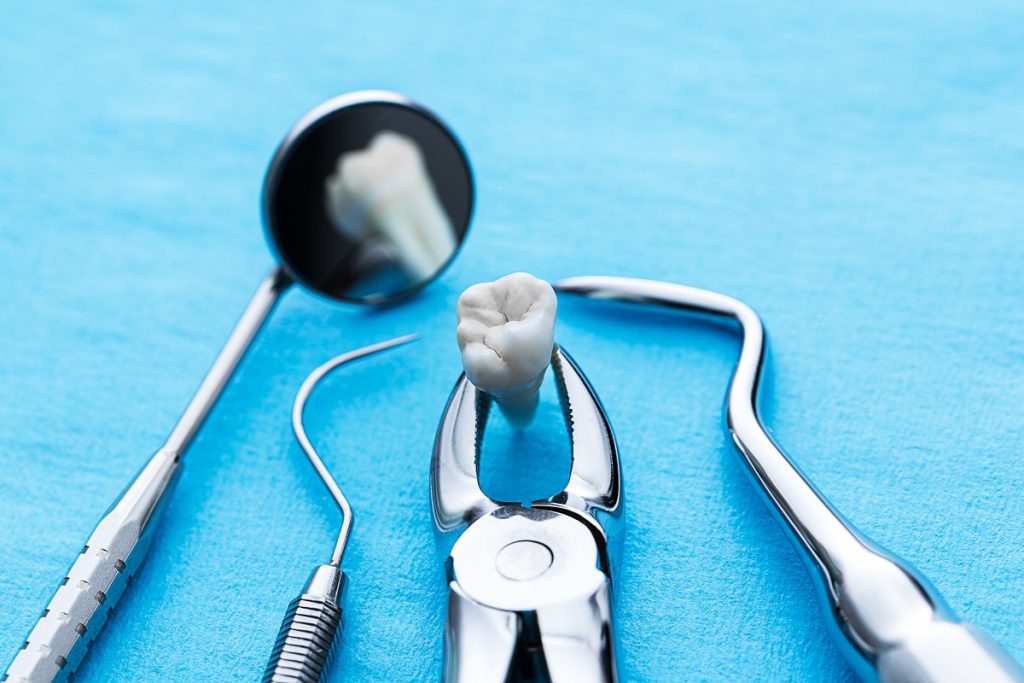- Hypodontia is a common dental condition where one or more teeth fail to develop fully.
- Causes of Hypodontia include genetics, environmental factors, trauma, certain medical conditions, and molars facing space constraints.
- The condition doesn’t necessarily lead to severe dental problems but can pose aesthetic and functional issues.
- Treatment for Hypodontia can involve restoring lost teeth, removal of wisdom teeth, orthodontic treatment, and maintaining good oral hygiene.
- Regular consultation with a dentist is crucial for managing hypodontia and maintaining optimal oral health.
Have you ever heard of dental hypodontia? Chances are you haven’t unless you are an orthodontist, a dentist, or someone with personal experience. But dental hypodontia is more common than you might think. It is a condition where one or more teeth fail to develop fully, affecting nearly 5% of the world’s population. While it can cause a few dental inconveniences, dental hypodontia is generally not harmful. Here’s what you need to know about hypodontia, its reasons, and how to deal with it.
What is Hypodontia?
First, it’s essential to know that hypodontia is a relatively common dental condition. It occurs when one or more teeth fail to develop correctly in the mouth. Hypodontia can affect any teeth, but it typically involves wisdom and permanent teeth.
In most cases, people with hypodontia don’t have any serious dental problems due to the condition. However, some people can experience extreme hypodontia and lose most of their teeth. Here are some common reasons why hypodontia happens:
1. Genetics

A significant reason for dental hypodontia is genetics. If your parents or grandparents had this condition, there’s a higher chance you might have it too. If one of your immediate family members has dental hypodontia, you have a 50% chance of developing it. It’s good to know whether if someone in your family has it so you can prepare.
2. Environmental Factors
Another factor that can cause dental hypodontia is environmental factors. During the prenatal stage, babies develop their teeth buds. If an environmental factor affects the growth of these buds, it can cause hypodontia. Ecological factors include viral infections, nutritional deficiencies, or medications pregnant women may take.
3. Trauma
Trauma, such as a hard blow to the mouth region, can also cause dental hypodontia. It can cause the developing tooth bud to be damaged, either leading to the complete absence of the tooth or stunted growth.
4. Medical Conditions
Several medical conditions can cause dental hypodontia. Down Syndrome, ectodermal dysplasia, Cleidocranial dysplasia, and tooth agenesis are some medical conditions that can cause hypodontia. If you or your partner have medical conditions that potentially put your child at risk for hypodontia, discussing it with your dentist is essential.
5. Molars Facing Space Constraints
Sometimes, your molars can face space constraints, causing them to fail to develop fully. The molars can get impacted, preventing them from emerging, or they may emerge misaligned, causing more problems.
Dealing With Hypodontia
There are various ways you can deal with hypodontia. Here are four practical ways:
Restoring Your Teeth

If you’re experiencing severe hypodontia, restoring any teeth you’ve lost entirely through professional services is essential. A full mouth restoration service can help diagnose you with such a disorder. They can then give you options to replace the missing teeth, including implants, bridges, and dentures.
Removal of Wisdom Teeth
Wisdom teeth are a common cause of dental hypodontia. If wisdom teeth aren’t emerging correctly due to the lack of space, your dentist might suggest their removal. This will clear up any potential problems caused by them and reduce the risk of further damage.
Orthodontic Treatment
If you’re dealing with mild hypodontia, your dentist might suggest orthodontic treatment to help align other teeth. This will help improve your smile while ensuring all existing teeth are aligned correctly.
Oral Hygiene Regimen
Oral hygiene is essential if you have hypodontia. Maintaining good oral hygiene will help reduce the risk of additional dental problems caused by the condition. Make sure to brush twice daily, floss regularly, and see your dentist every six months for checkups. Additionally, it’s good to do some dental regimens, such as oil swishing, which uses coconut oil to improve oral health.
While dental hypodontia is a common condition that affects a significant percentage of the population, it doesn’t necessarily result in severe dental problems. Genetics and certain medical conditions can contribute to its occurrence. But, with professional help and good oral hygiene, the potential challenges associated with hypodontia can be managed effectively. It’s crucial to consult with your dentist if you suspect you have hypodontia to discuss potential treatment options and strategies for maintaining your oral health.

